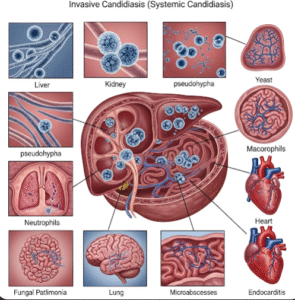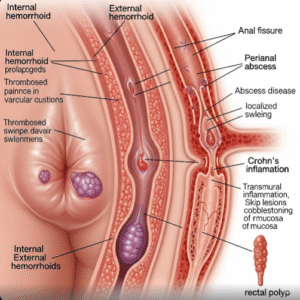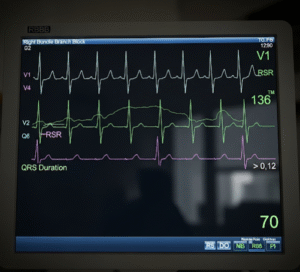Overview
Fallopian tube cancer is a rare gynecological malignancy that originates in the fallopian tubes, which connect the ovaries to the uterus. Though uncommon, early detection is crucial for effective treatment. In Korea, advanced oncology centers, minimally invasive surgery, and targeted therapies provide comprehensive care for patients diagnosed with fallopian tube cancer.
What is Fallopian Tube Cancer?
Fallopian tube cancer occurs when abnormal cells in the fallopian tubes grow uncontrollably, forming tumors. It primarily affects women over 50, but can occur at younger ages. Most cases are epithelial tumors, which develop from the lining of the fallopian tubes. Early-stage disease often has few symptoms, making screening and awareness important in Korea’s healthcare system.
Symptoms
- Abdominal or pelvic pain
- Abnormal vaginal bleeding or discharge
- Abdominal bloating or swelling
- Urinary urgency or frequency
- Nausea or digestive discomfort
- Unexplained weight loss
Causes
- Genetic mutations (BRCA1 or BRCA2 genes)
- Family history of ovarian, breast, or fallopian tube cancer
- Hormonal factors or reproductive history
- Chronic inflammation or previous pelvic infections
Risk Factors
- Age over 50
- BRCA1 or BRCA2 gene mutations
- Personal or family history of gynecological cancers
- Nulliparity (never having given birth)
- Hormone replacement therapy
Complications
- Spread of cancer to ovaries, uterus, or peritoneum
- Metastasis to distant organs if untreated
- Fertility loss
- Severe abdominal pain, fluid accumulation (ascites), and malnutrition
Prevention
- Genetic counseling and BRCA testing for high-risk individuals
- Regular gynecological check-ups and imaging when indicated
- Healthy lifestyle, including balanced diet and exercise
- Awareness of family history to enable early screening
Treatment Options in Korea
Diagnosis
- Pelvic ultrasound to detect masses
- CT or MRI scans to evaluate spread
- CA-125 blood test as a tumor marker
- Biopsy or laparoscopy for definitive diagnosis
Medical Treatments
- Chemotherapy (platinum-based regimens) for advanced or recurrent cases
- Targeted therapy for BRCA-positive or resistant tumors
- Hormonal therapy in select cases
Surgical or Advanced Therapies
- Laparoscopic or robotic-assisted surgery to remove the tumor and affected fallopian tube
- Salpingo-oophorectomy (removal of fallopian tube and ovary)
- Debulking surgery for advanced-stage cancer
- Fertility-sparing surgery in early-stage, younger patients
Rehabilitation and Support
- Postoperative physiotherapy and nutritional support
- Psychological counseling for cancer-related stress
- Genetic counseling for family members
- Regular follow-up imaging and blood tests to monitor recurrence













